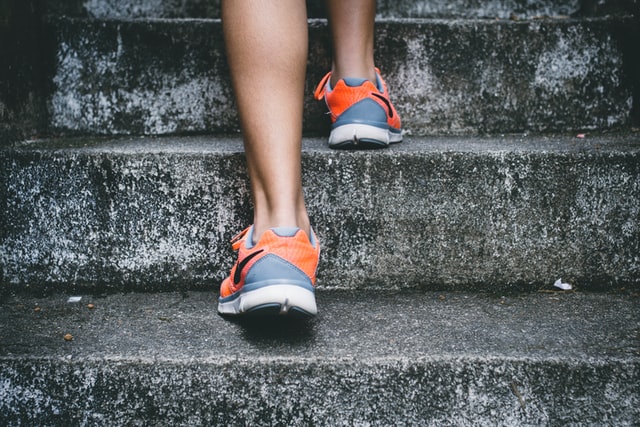It is essential to get some movement and exercise in your daily routine for improved general health. There are basic movements from which everyone can benefit or modify based on your physical abilities. These functional movements are the basis for many exercise routines. Below are seven basic movements you can practice every day with links to video demonstrations for each exercise.
The bodyweight squat is a simple movement pattern that can be altered by the level of support, range of motion, and resistance. Learning the correct squat form is easy: while keeping your back straight, sit down and stand back up.
The lunge is a movement pattern used while walking, ascending the stairs, and bending down to pick something up. Adjust the intensity of the lunge motion through the level of support, range of motion, or resistance.
Practice a hinge with a deadlift movement, like picking up a heavy bag of groceries or a packed suitcase. The deadlift movement strengthens the posterior chain, essential for most daily movements. The range of motion and resistance can easily be adjusted by adding more weight.
An exercise like the pushup is the most straightforward upper body push movement, although it can be difficult for people some. The video shows some easier variations to the standard pushup.
Pulling exercises help strengthen the back and shoulders. The linked video offers variations that are easier than traditional pull ups. As with the push version, the resistance band pull can also be done from a seated position if necessary.
Rotation exercises are effective in developing both rotational strength and balance. Like the resistance band push and pull, it can be performed from a seated position if necessary.
The ability to walk unaided is an essential part of a healthy lifestyle. It is so important that it should be a part of any training program, particularly one for beginners. The linked video above offers a beginner routine you can do in your own home.
Dr. Barbara Edwards, a Princeton M.D. internist practices at Penn Medicine Princeton Health in the Penn Medicine Princeton Medical Center and also serves as Medical Director of the Bristol-Myers Squibb Community Health Center.


